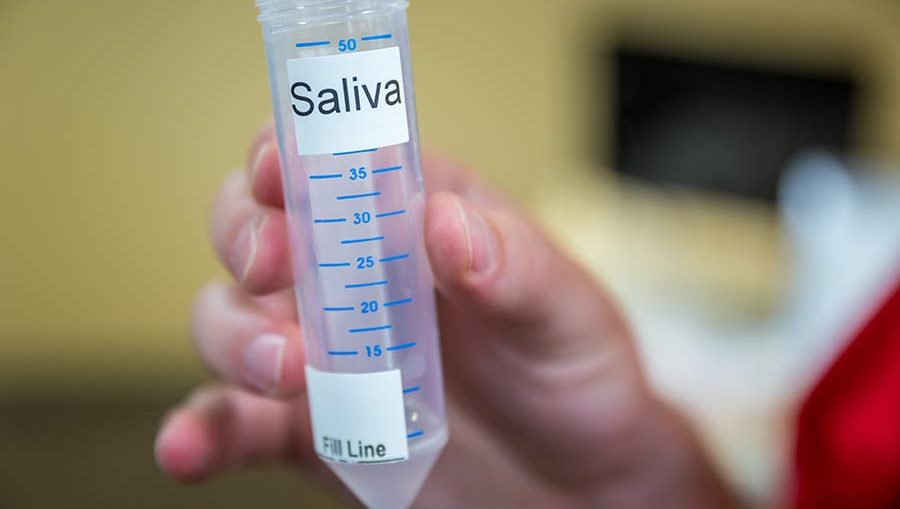Though we produce nearly 60 ounces of spit every day, saliva is still a very significant yet often overlooked liquid component of our body. It keeps gums healthy and helps break down food for digestion, but could also be an indicator of other health issues, according to Dr. Christopher Cutler, chair of the Department of Periodontics at the Dental College of Georgia at Augusta University.
According to an article written by Danielle Harris on jagwire.augusta.edu, Dr. Cutler explains what your saliva can mean for your health.
1. Too little saliva can be a sign of xerostomia or dry mouth, which is usually followed by tooth decay and cavities. Medication and diseases like anemia and hypertension usually cause this condition. There are over-the-counter treatments that can help, so check with your dentist or primary care physician for recommendations.
2. Too much saliva or hypersalivation, is usually as a result of other issues such as teething in babies, pregnancy, oral infections, acid reflux, and neuromuscular diseases including Parkinson’s or stroke. If you feel like you are overproducing spit, don’t hesitate to tell your doctor.
3. If your saliva appears white and thick, it could be caused by oral candidiasis, also known as thrush. This is a yeast infection which usually appears as white patches on the tongue and mouth, and seen among adults who have diabetes since the sugars in the saliva may lead to yeast growth. After brushing, if your saliva is red, this could be a sign of bleeding gums or gingivitis, possibly even periodontitis that needs to be treated by a professional.
4. If your saliva tastes sour, that could be linked to acid reflux, in which the stomach acid bubbles up the throat leaving a bitter residue on the tongue. If it feels tacky, that could be a result of mouth breathing which can point to issues like sleep apnea. Of course, regular oral hygiene and mouthwash can improve taste and help kill other germs in the mouth.
So you definitely need to be concerned about your saliva all the time.



